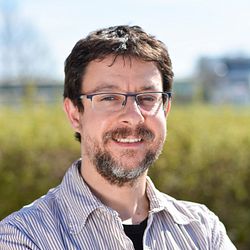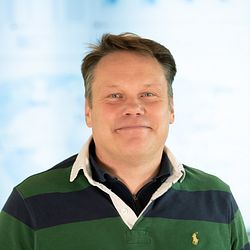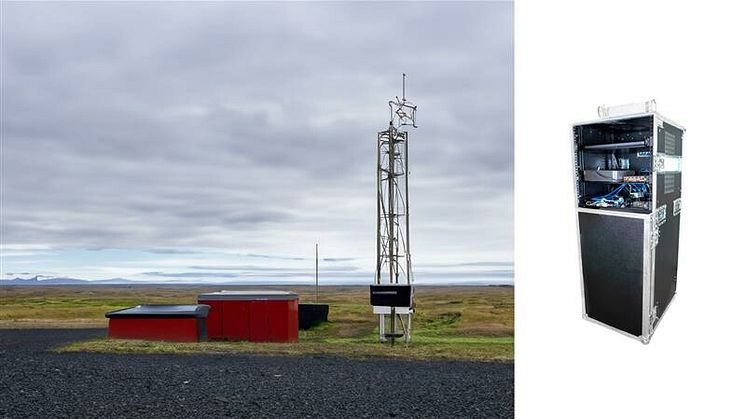
News -
ARMON attracts attention in the scientific community
Radonova's high-tech instrument ARMON has generated interest in the scientific community. The instrument, which was developed to measure radon in the atmosphere, will ultimately help researchers to better understand climate change. Measuring the radioactive radon gas content in the atmosphere provides an understanding of how greenhouse gases spread.
At the ICOS Science Conference in Paris, Radonova's José-Luis Gutiérrez Villanueva and Zuzanna Podgorska demonstrated how the instrument can be used.
ARMON has been approved by ICOS and meets the strict requirements of ICOS to provide high quality data to users. At the conference in Paris, several researchers showed their interest in the instrument, which is the only one of its kind to be CE marked.
“It was very rewarding to meet researchers who see the possibilities of using ARMON in their work. ICOS brings together expertise at the forefront of development and we know that they consistently work with very high demands on the data used,” comments Radonova's José-Luis Gutiérrez Villanueva, expert in data analysis and radon measurement.
“ARMON is manufactured entirely in Sweden but is supported by researchers at UPC University in Spain and calibrated at PTB in Germany. This contributes to the instrument attracting international interest and being seen as a new tool in studies related to climate change,” says Zuzanna Podgorska, expert in radon measurement, Radonova Laboratories.
ARMON is the most accurate instrument on the market that can be used not only for atmospheric radon measurements, but also as a reference instrument in a calibration laboratory. Thanks to its high precision, it is an ideal instrument to calibrate radon measurement devices at the level of 300 Bq/m3which is the reference level in Europe according to Directive 2013/59/Euratom.
How ARMON will be used by ICOS
ARMON will be used on the ICOS network of monitoring stations. ICOS stands for “Integrated Carbon Observation System” and is a European research infrastructure that aims to measure, monitor and understand the carbon cycle in the Earth's atmosphere, land and oceans. Its main focus is on investigating and quantifying the exchange of carbon dioxide (CO2) and other greenhouse gases between different parts of the environment, as well as assessing the role of carbon dioxide in climate change. ICOS requires extremely high quality for an instrument to be used at monitoring stations. ARMON meets these requirements and is approved by ICOS.



